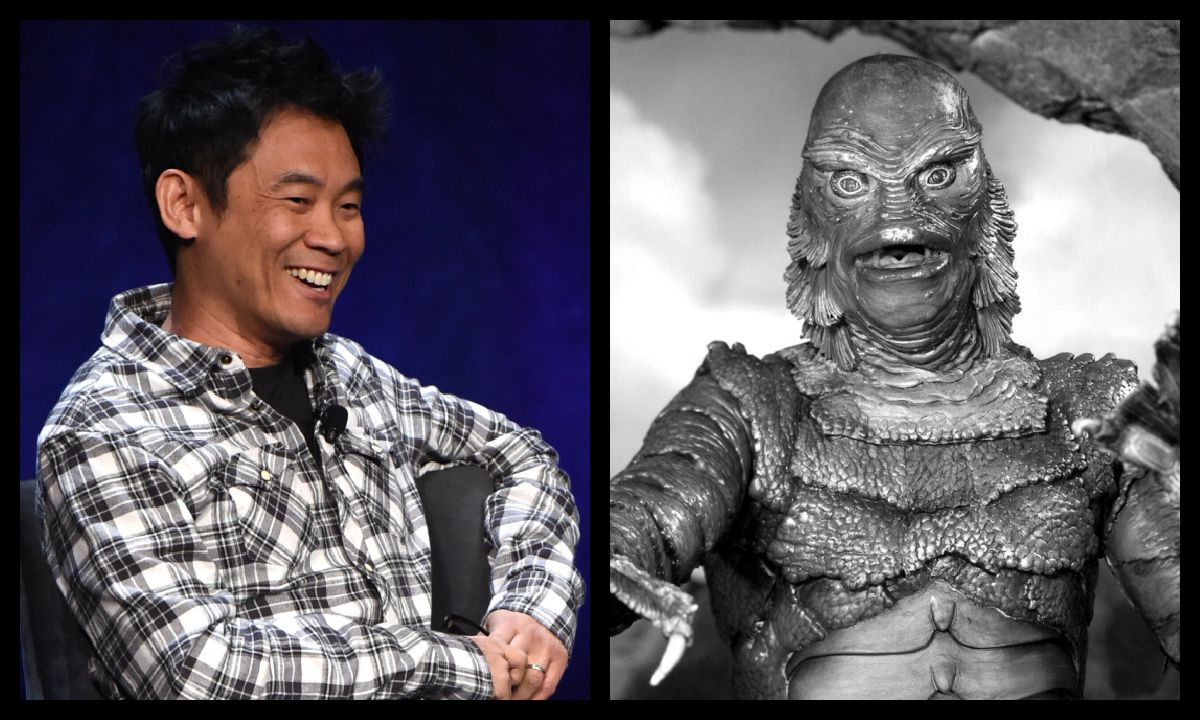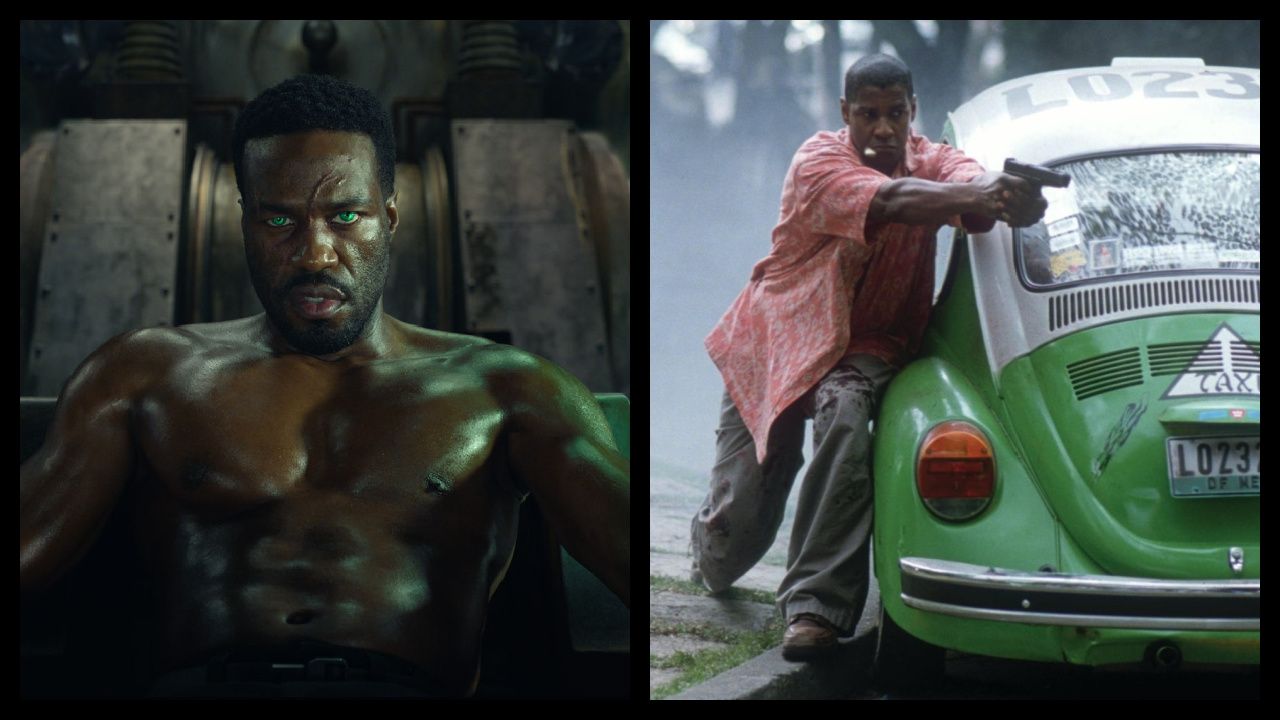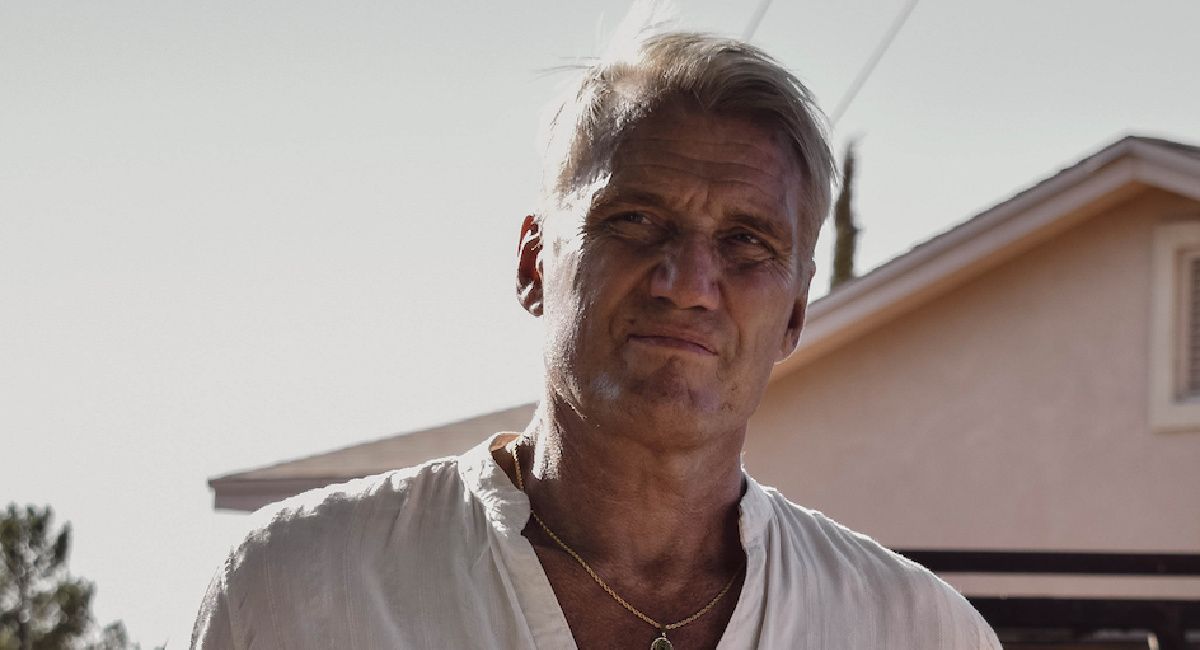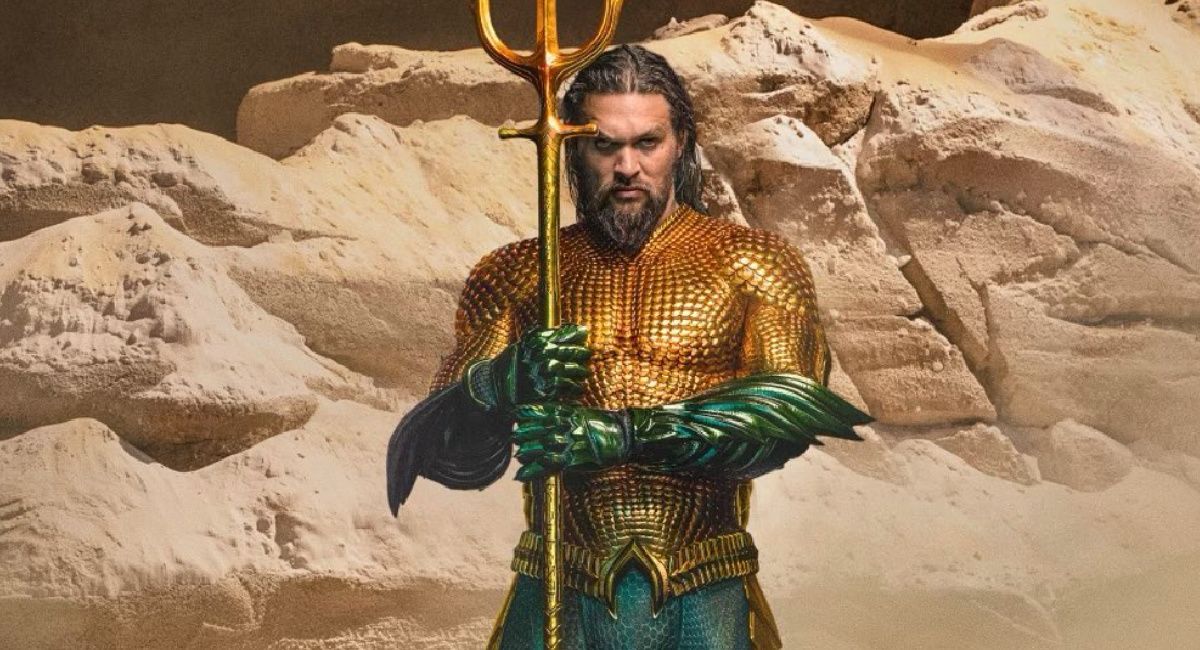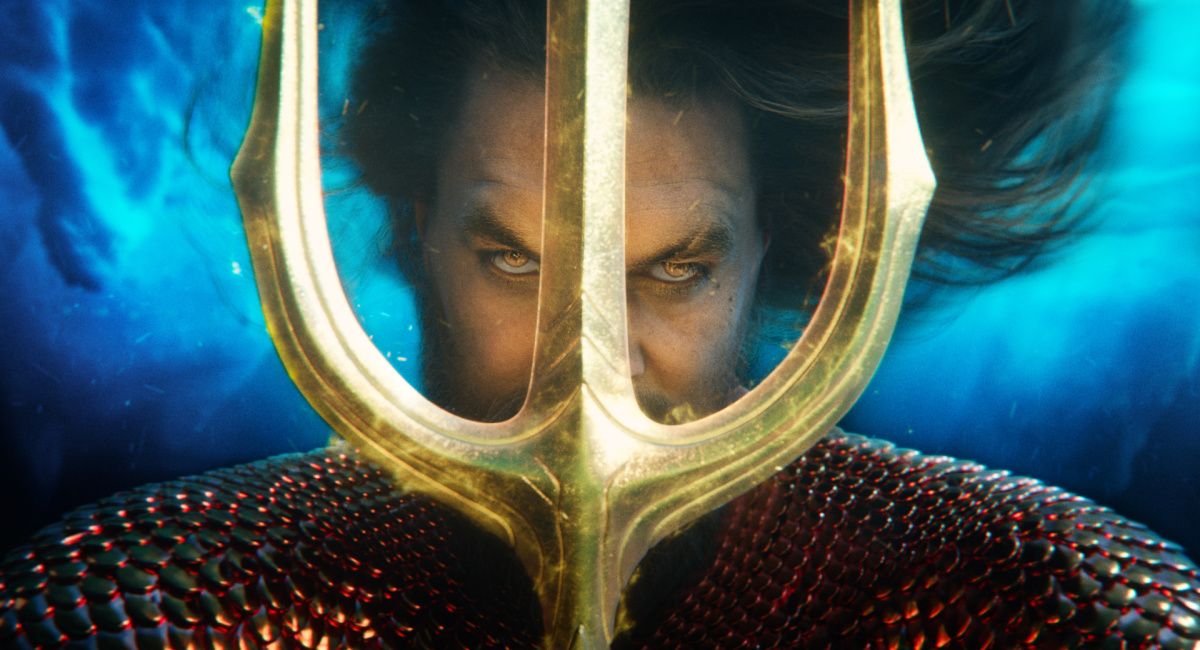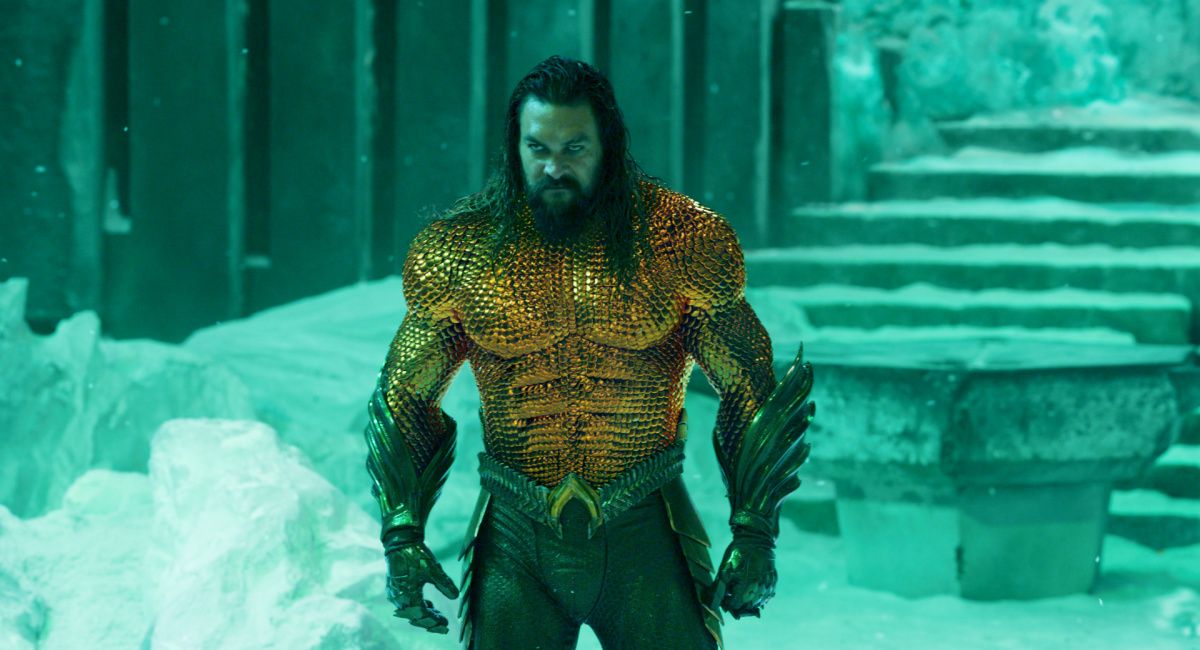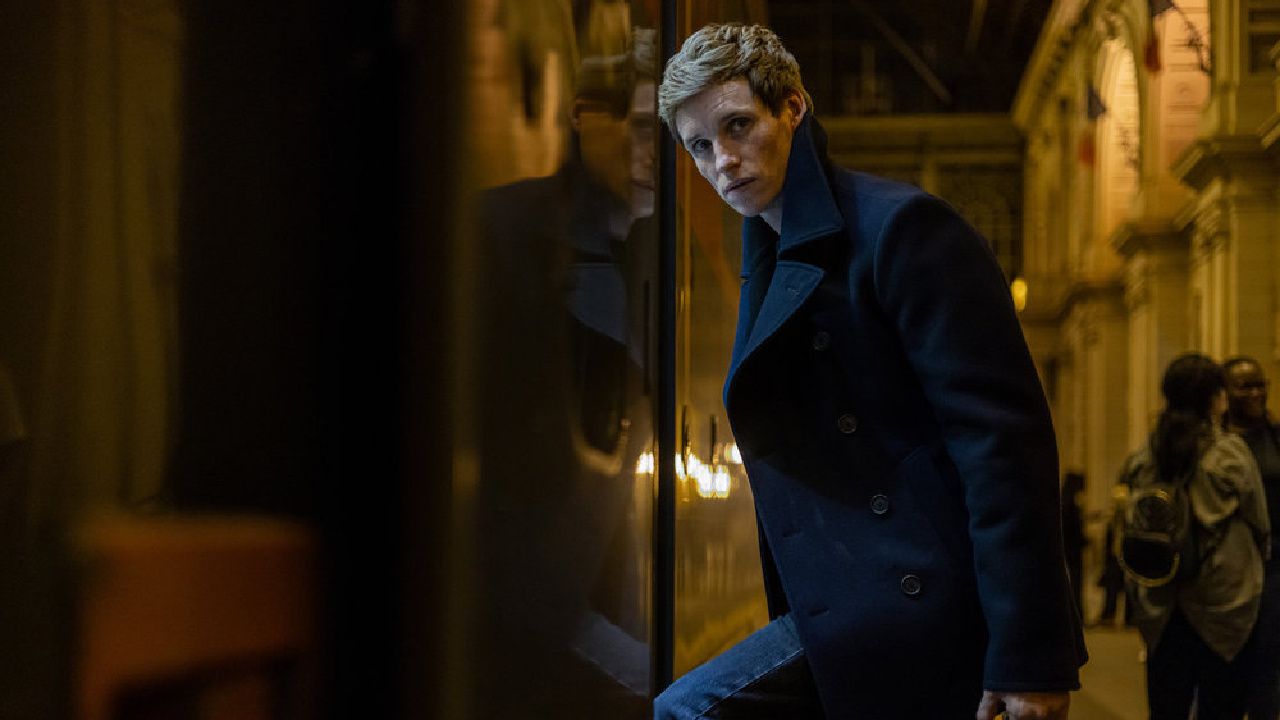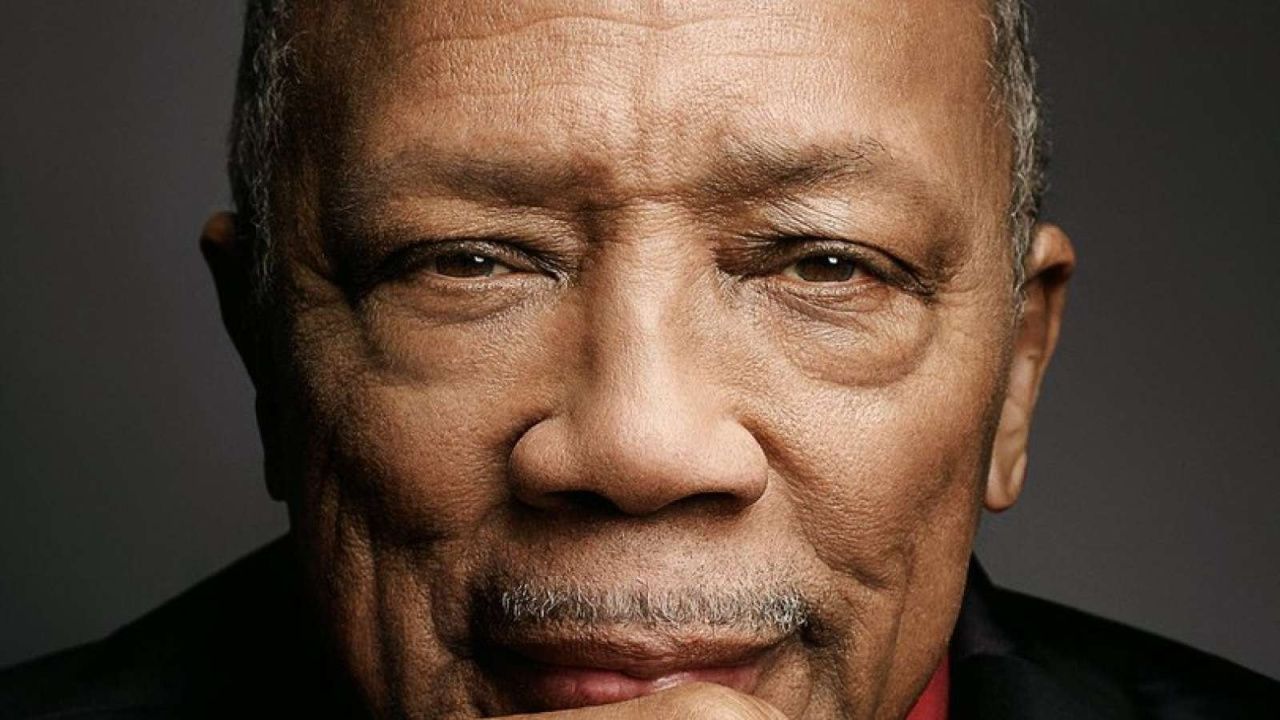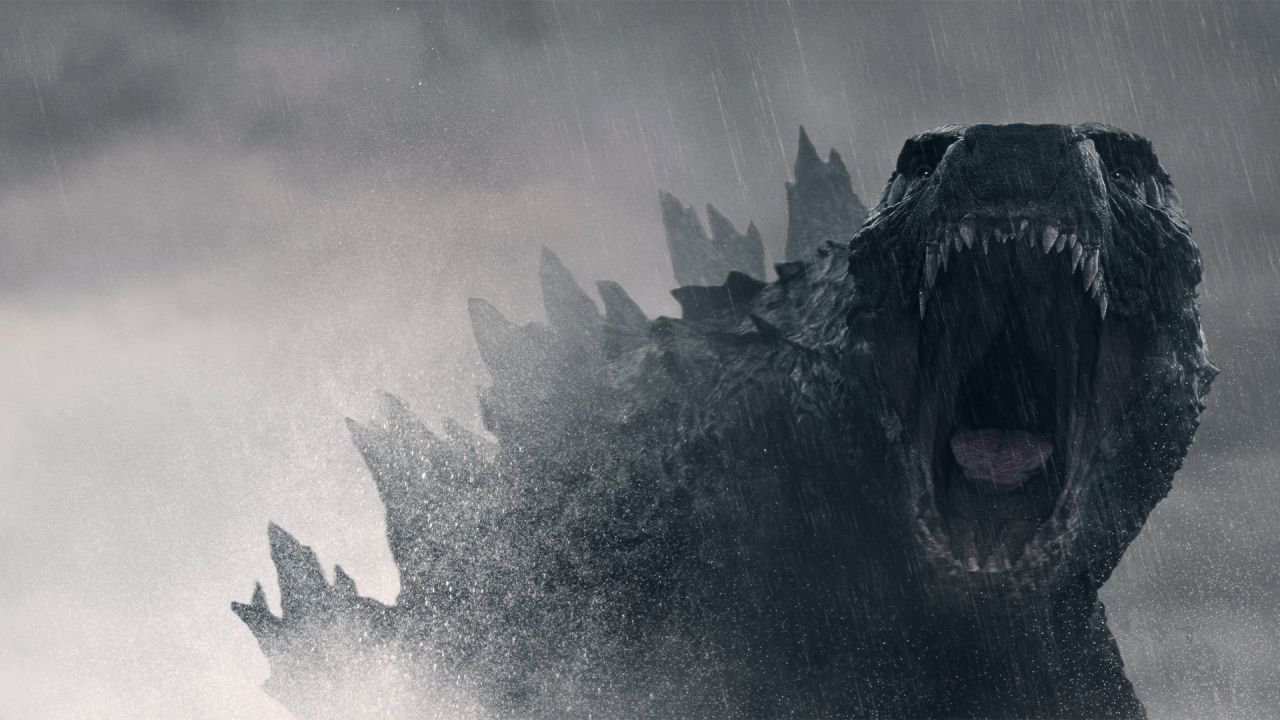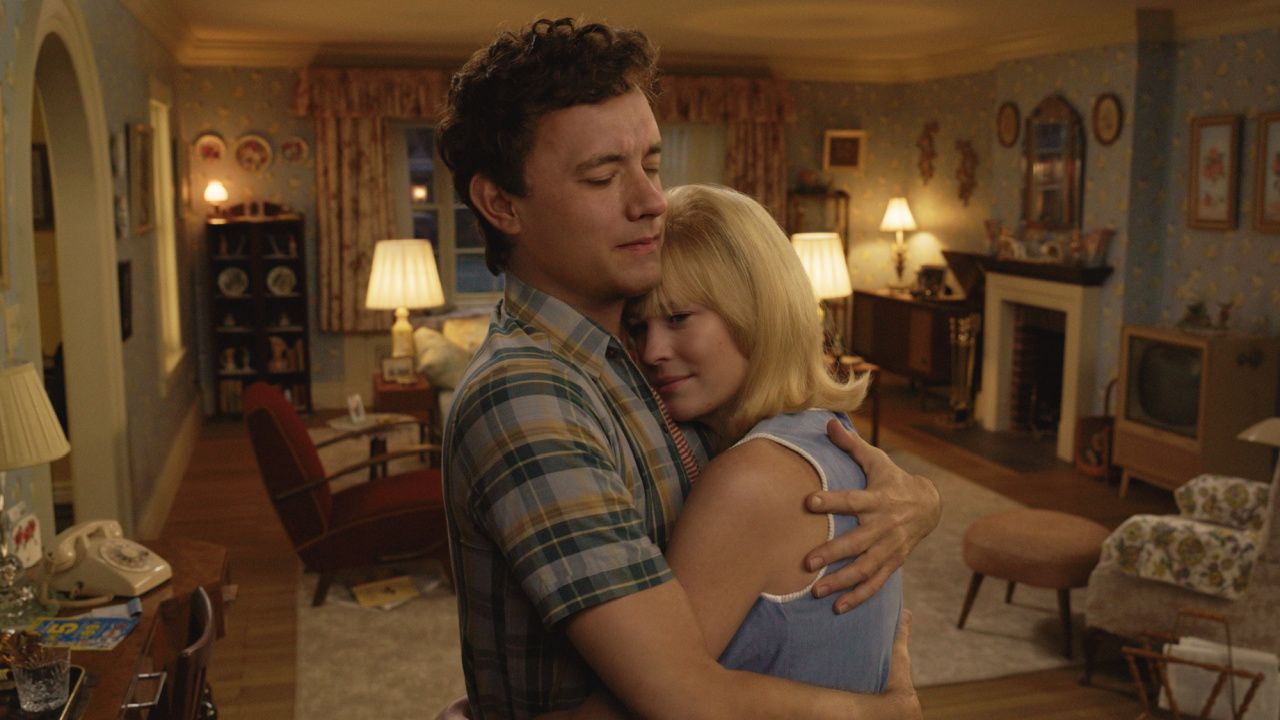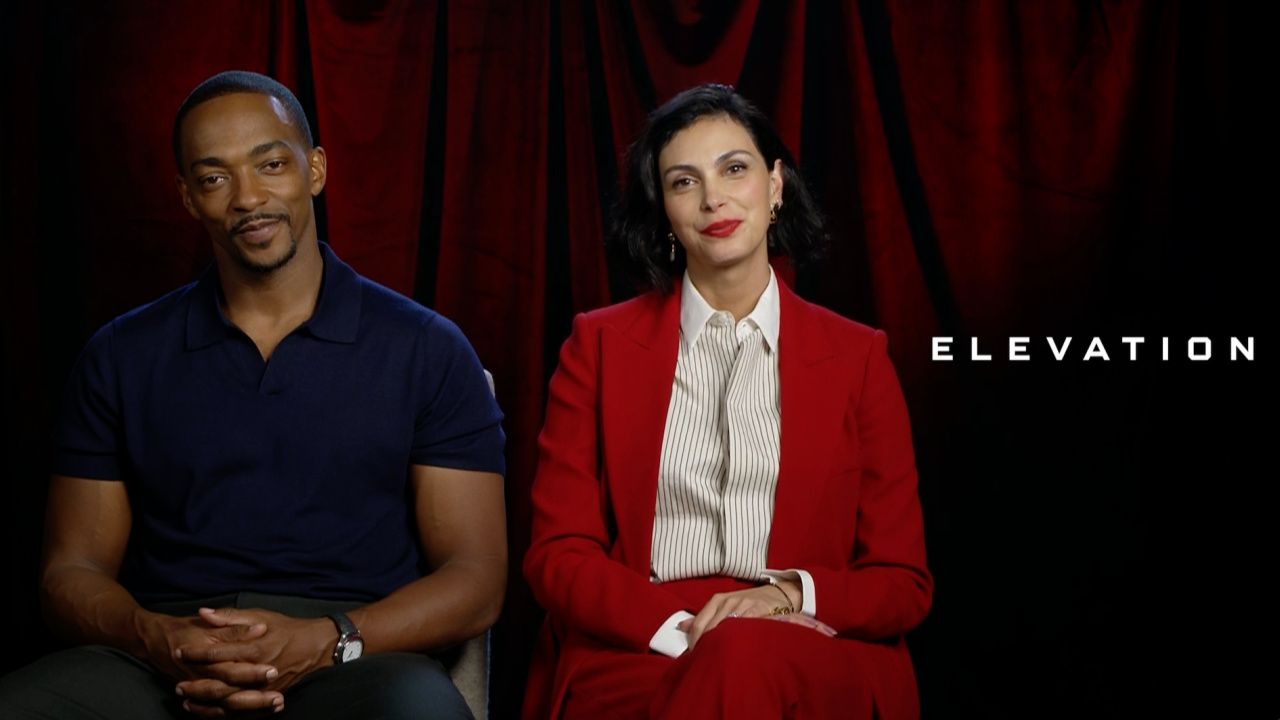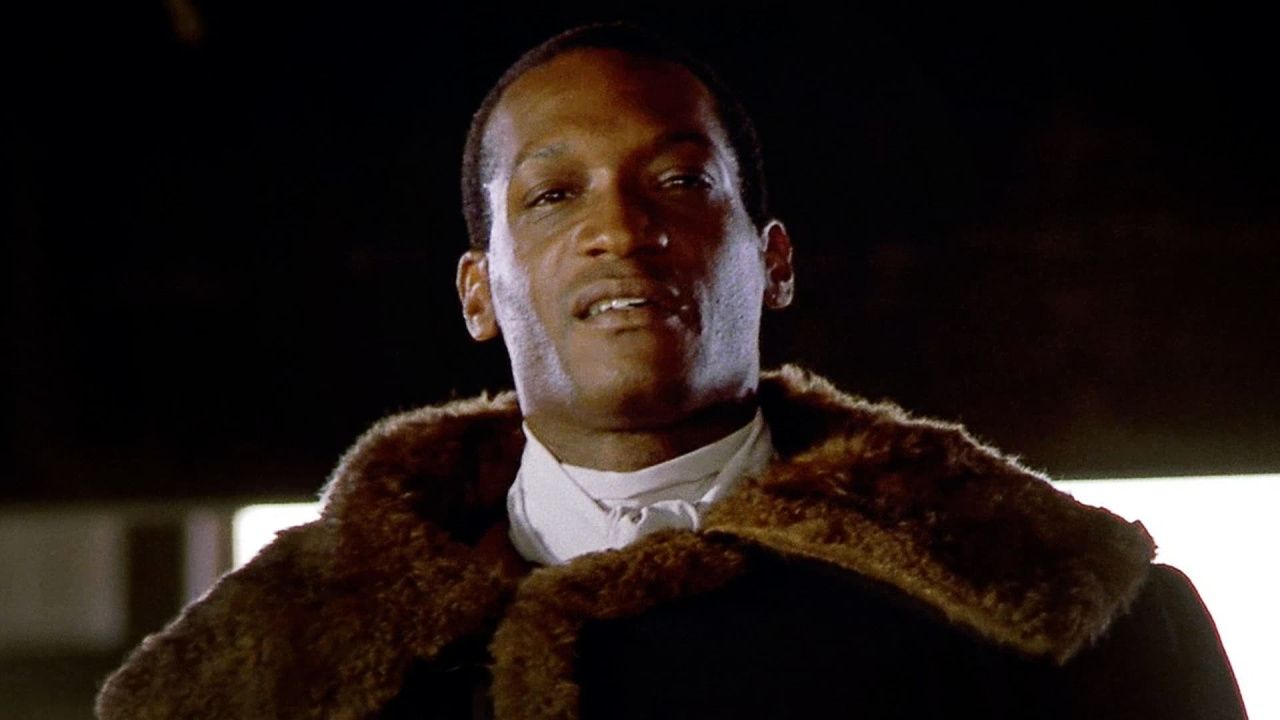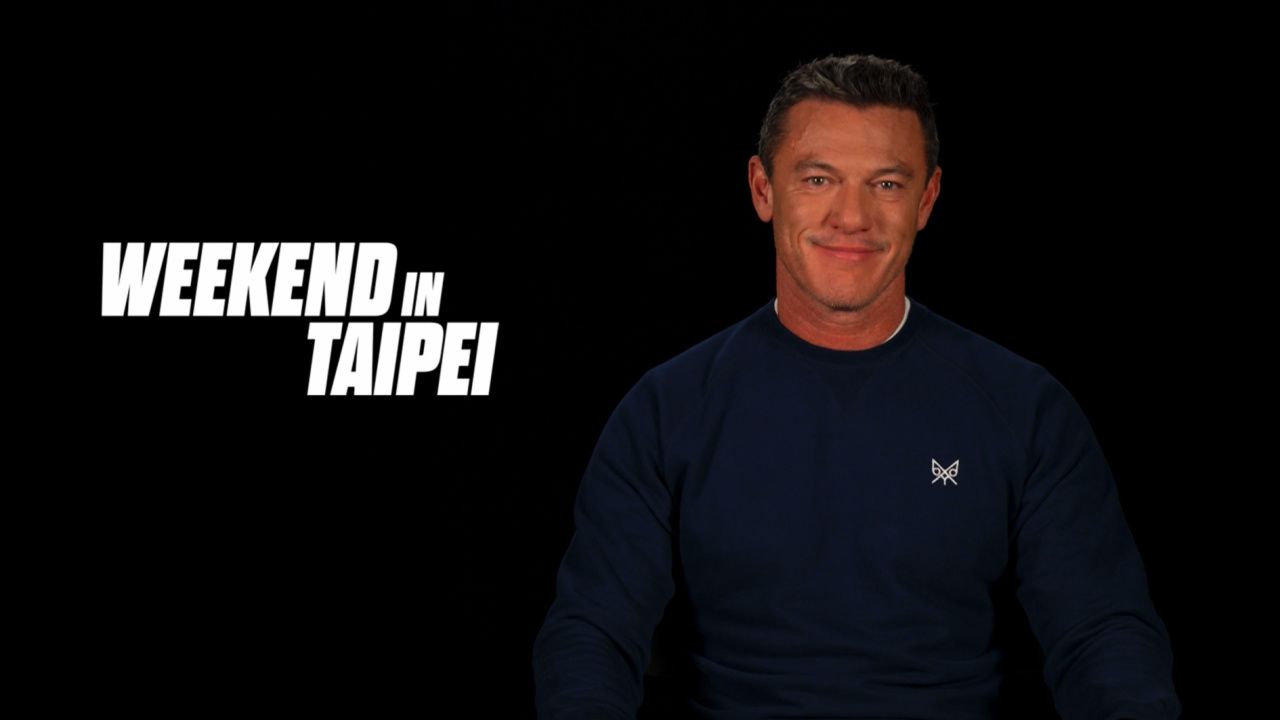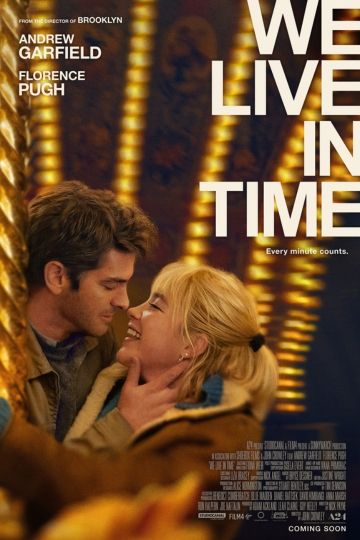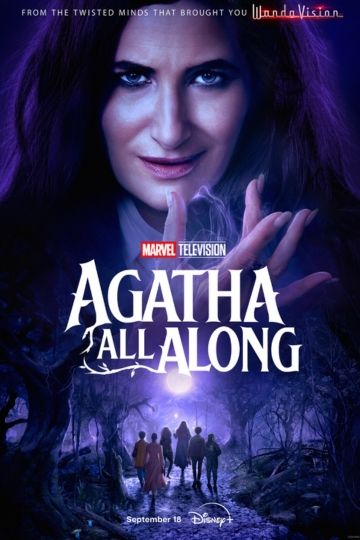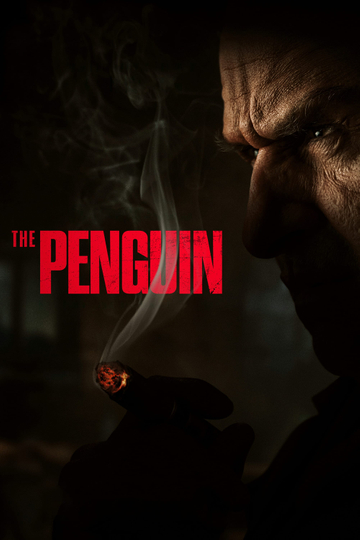'Aquaman' Review: Another Visually-Impressive, but Very Flawed DC Movie
For all those superhero fans who miss Chris Hemsworth’s earliest iteration of Thor, DC has delivered unto them “Aquaman,” the story of a hard-drinking, roguish hero unprepared and reluctant to assume the mantle of leadership bestowed upon him by birthright.
James Wan, inheriting the character after his introduction in “Justice League,” fabricates an operatic and often compelling origin story that oozes with contemporary resonance, both in terms of its use of environmental messages to drive the plot and its use of an actor of mixed heritage to play a biracial hero. But much like with so many movies tasked with introducing unseen worlds and great reams of brand-new mythology, Wan’s contribution to the DC Extended Universe too often proves a busy, overpowering deluge of information, even if he conjures some stunning, operatic imagery along the way.
Jason Momoa plays Arthur Curry, the half-human half-Atlantean hero who, inspired by his defeat of Steppenwolf alongside Batman, Wonder Woman and the rest of the Justice League, patrols the seas and protects humankind. Resistant not only to the prospect of reconciliation with the Atlanteans because of his mother Atlanna’s (Nicole Kidman) treatment after falling in love with his human father Thomas (Temuera Morrison), but to the challenge of becoming the lost city’s king, Arthur is content to spend most of his time on dry land. But after his younger step-brother Orm (Patrick Wilson) manipulates King Nereus (Dolph Lundgren) into launching a war against humankind in retaliation for their mistreatment of the Earth’s oceans, Nereus’ daughter Mera (Amber Heard, “Magic Mike XXL”) reaches out to plead with Arthur to take his rightful place in Atlantis, even if only to stave off an imminent war.
Arthur reluctantly agrees with Mera’s plan, but soon learns that becoming king will require more than just a crown: not only must he defeat Orm in combat, but retrieve their father Atlan’s gold trident, which can be wielded only by the throne’s true heir. But even with the help of Vulko (Willem Dafoe). Atlan’s most trusted advisor, Arthur’s journey becomes increasingly perilous. More so after Orm outfits David Kane (Yayha Abdul-Mateen) -- aka Black Manta, a mercenary who blames Arthur for his father’s death -- with Atlantean technology that possesses the ability to hurt or even kill the would-be hero.
If BBC Earth’s “Blue Planet” documentary series aspires to explore the oceans in intimate, humanistic detail, “Aquaman” seeks to portray them diorama-style as an illustration of the planet’s endless, epic underwater “history.” Watching the film in IMAX, there’s something incredibly impressive about the depth of the images, which are full of color and energy and life; its spectacle is truly overwhelming at times. At the same time, the script’s relentless eagerness to clarify and motivate every choice made by Arthur (and every other character) makes for a dizzying series of flashbacks, setups, and explanations that frequently undermines the emotional throughline of Arthur’s thematic journey.
His bitterness towards the strident and uncompromising laws of Atlantean culture, and the people he believes killed his mother, is thoroughly justified, as is his sheepishness to take on a responsibility for which he feels he is unprepared. But writers David Leslie Johnson-McGoldrick (“The Conjuring 2”) and Will Beall (“Gangster Squad”) cram in so many different characters and challenges and realms that there’s scarcely time to process the emotional dimensions of each success -- or failure -- before some new piece of minutiae overshadows the moment.
Wan is an extremely gifted manipulator of audiences -- a good thing for a filmmaker who works often in the horror genre. He works ambitiously with the camera, always trying to find new or unique ways both to capture movement and create singular moments. He succeeds often in both capacities with “Aquaman,” pausing or pulling back in one moment -- such as to showcase the swarming formation of creatures pursuing our heroes into murky, uncertain waters -- and gyroscopically pirouetting through the action in others to induce the same thrilling disorientation these oceanic gladiators must experience. But his mischievous impulses do not always best serve a narrative that needs to move smoothly forward; sometimes, his choices produce tonal juxtapositions that feel discordant at best. (I never expected to hear a Pitbull song in “Aquaman,” especially not one featuring a sample of the chorus to Toto’s “Africa" -- during a scene where [get it?!] Mera and Arthur solve puzzles in an African desert -- a choice that proves as odd as it sounds.)
Momoa, undeniably charismatic and comfortable in the role, carries the film in much the same way that Chris Hemsworth did the original “Thor." That is, with a lot of brute force but less nuance than the character needs. But the Marvel character flourished when he found an effective foil to counter or undercut his blustering bravado, and the DCEU hasn’t yet provided Arthur Curry with one (or more) of those. Instead, Heard’s Mera falls squarely into the extensive legacy of formidable, intelligent women who embark on a mission to enlighten a hunky guy for a greater purpose than themselves, and in the process (and against her better judgment), falls for him.
Meanwhile, the rest of the characters -- even Orm, whose own arc feels underplayed by Wilson -- seem to be spending much of the film’s running time resisting the impulse to remind Arthur that he, well, looks like Momoa, a tattooed, gorgeously chiseled specimen who you’d assume was a demigod or metahuman if you saw him in real life.
Rupert Gregson-Williams’ equally muscular score occasionally buckles under the weight of the film it’s trying to support, but he creates a surprisingly rich and cohesive musical backdrop given the visual cues and associations Wan evokes from other fantasy and science fiction properties -- from “Lord of the Rings” to “TRON: Legacy.” But that tapestry (or perhaps inevitable pastiche of “influences”) evidences some hard truths about the technological limitations of even this kind of big-budget moviemaking (no matter how effectively they graft real faces onto those CGI bodies, none of them swim convincingly). It also points to the continued incoherence of the DC film slate (Arthur embraced his Atlantean heritage by the end of “Justice League,” but rejects it here, et cetera), and the general folly of trying to mount a standalone, two-plus hour adventure and origin story for a character with an almost 80-year legacy that audiences are generally unfamiliar with.
“Aquaman” ultimately does not fail to impress on a visual level, but like “Thor,” it’s a film that makes you more excited for what comes next for the superhero -- be that a sequel unbeholden to oppressive, even if necessary worldbuilding, or just a storyteller who can transform a promising idea into a real and compelling character.











